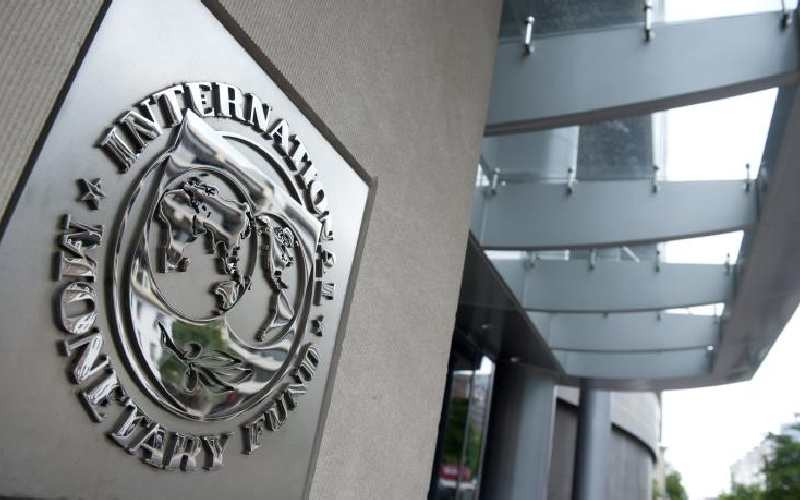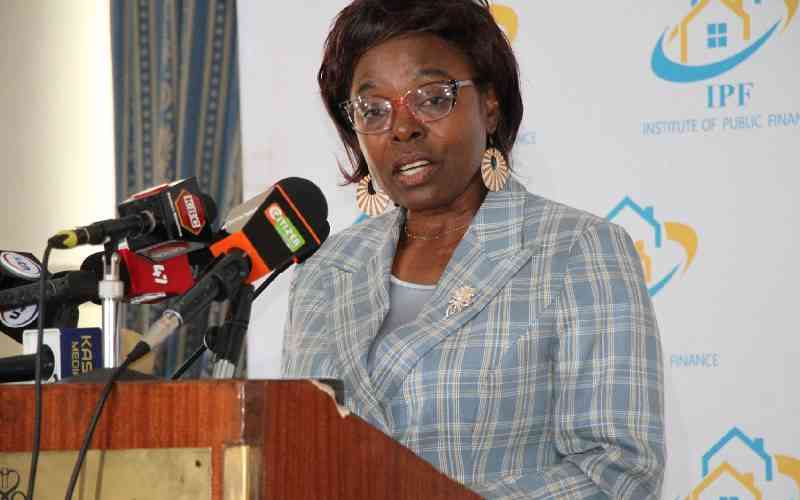×
The Standard e-Paper
Stay Informed, Even Offline

Countries that are fighting soaring food and fuel prices such as Kenya should target aid towards vulnerable citizens rather than offer it in a blanket manner that risks straining public finances.
This is according to the International Monetary Fund (IMF). The push comes at a time when President William Ruto's administration is facing mounting pressure to address the high cost of living.







